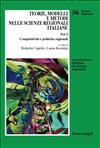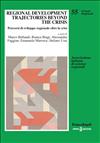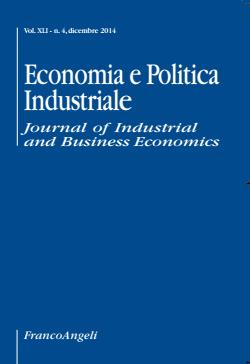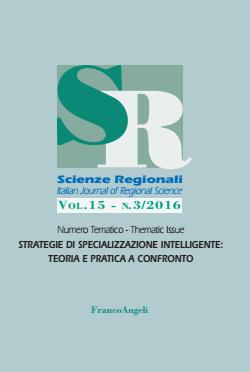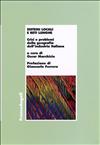
Le sfide che affrontano i territori a tradizione manifatturiera nelle regioni italiane, e in altri Paesi ad economia sviluppata, sono caratterizzate negli ultimi due decenni da accelerazione e livelli crescenti di complessità. Il presente paper propone una riflessione fra il concetto di place leadership (PL) esplicitato recentemente entro un filone internazionale di studi regionali e un insieme di casi di distretti industriali italiani. Con il concetto di PL si intende re-introdurre la dimensione strategica della agency nello studio dei sentieri locali/regionali di sviluppo economico. La PL ha la funzione di dare un orientamento unitario e coordinato a processi di governance territoriale, in particolare entro fasi di cambiamento dei sentieri di sviluppo che possono avere esiti molteplici. In questo paper la fase di aggiustamento dei sentieri di sviluppo di una serie di importanti distretti industriali italiani viene letta guardando a tipi differenti di PL e alla relazione di questi con la governance territoriale.
